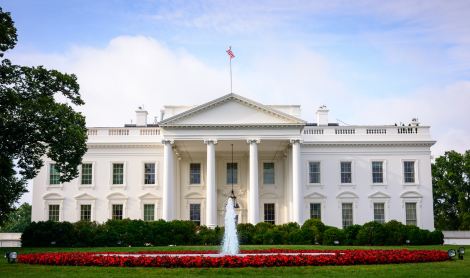At least 10 charter-related bills were recently introduced by Pennsylvania legislators from both sides of the aisle. In a state that has struggled to improve its charter school law—one of the most outdated in the country, even small steps forward would be significant. This group of bills, however, is a mixed bag and demands careful choices.
The Good
Seven bills—introduced by both Democrats and Republicans—could help Pennsylvania’s charter schools make smartly measured progress. Unlike past attempts to overhaul PA’s law through one giant omnibus bill, these proposals seek to fix narrow, specific shortcomings in current policy.
Three of the seven bills improve charter school governance, imposing new requirements and restrictions on school governing boards and limits on unassigned fund balances. These sensible reforms ensure charter boards are upholding their responsibilities to serve the public interest and act as good stewards of public funds.
The four remaining bills address specific issues that prohibit charter schools from operating efficiently to serve students or innovating to meet student demand. For example, one bill ensures that charter schools have timely access to the records of newly enrolled students. Another allows charter schools to provide the same dual-enrollment programs districts may offer.
None of these bills are groundbreaking, but each take a step towards shaping a Pennsylvania charter sector focused on high-quality schools for all students.
The Bad
Unfortunately, not all bills introduced in recent weeks are as positive. Two that contain good ideas also have provisions that undermine their intent.
The first bill responds to issues raised in an Office of the Inspector General report on the risks of management organization arrangements. The bill proposes financial reporting requirements that would improve transparency but undercuts this goal with an arbitrary cap on the fee a provider can collect for its services. The result: a bill that doesn’t improve these arrangements, but rather destabilizes them.
The second problematic bill would reform how special education funding is allocated in the state but does so in isolation. When separate funding streams are treated in isolation from one another, without considering how changes to one would impact disparities or shortcomings in another, inevitable unintended consequences arise. This is an area where a comprehensive approach is necessary.
While both bills have some admirable aims, they’re ultimately undermined by poor implementation provisions and would leave the charter sector worse off.
The Ugly
Finally, one bill, HB1333, deserves to be called out by name. This proposal would require charter schools to adopt the same teacher evaluation system as the local school district, undermining one of the core tenets of the charter school model: a school’s autonomy to operate in the manner it best sees fit.
Bills like HB1333 undermine the driving goal of shifting to a performance-driven model focused on outputs rather than controlling inputs. Charter schools have proven that there is no single “good” school model: instead, there are lots of different models that work in many ways, for all kinds of school leaders, teachers, and students.
Will Anything Make It Through?
Pennsylvania is one of only 14 states with a divided government: Republicans control the Legislature (although short of veto-proof majorities) while a Democrat holds the Governor’s seat. Typically, this arrangement has led to gridlock, with only essential legislation, like the budget, moving forward. Can Pennsylvania break the trend, choose wisely, and move bills forward to improve the state’s charter school sector? Or will the state again fail to improve a charter school law in need for reform for nearly a decade?
Jason Zwara analyzes and develops charter authorizing policies as part of NACSA’s policy team. He tracks state and federal legislation and creates policy resources for members and advocacy partners. Have policy questions? Please reach out at [email protected]


